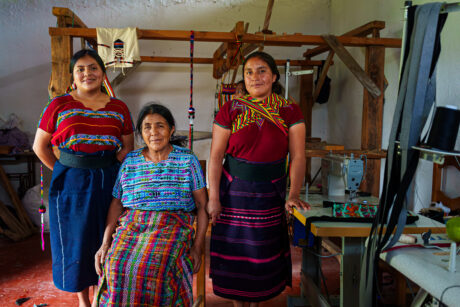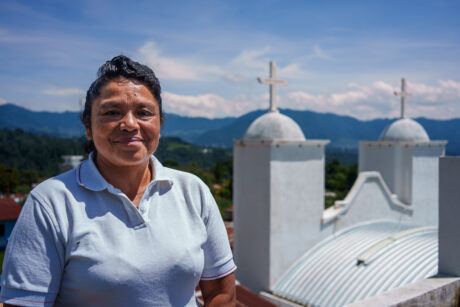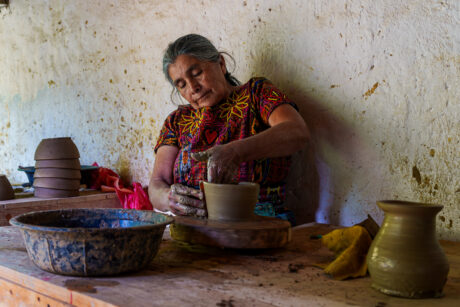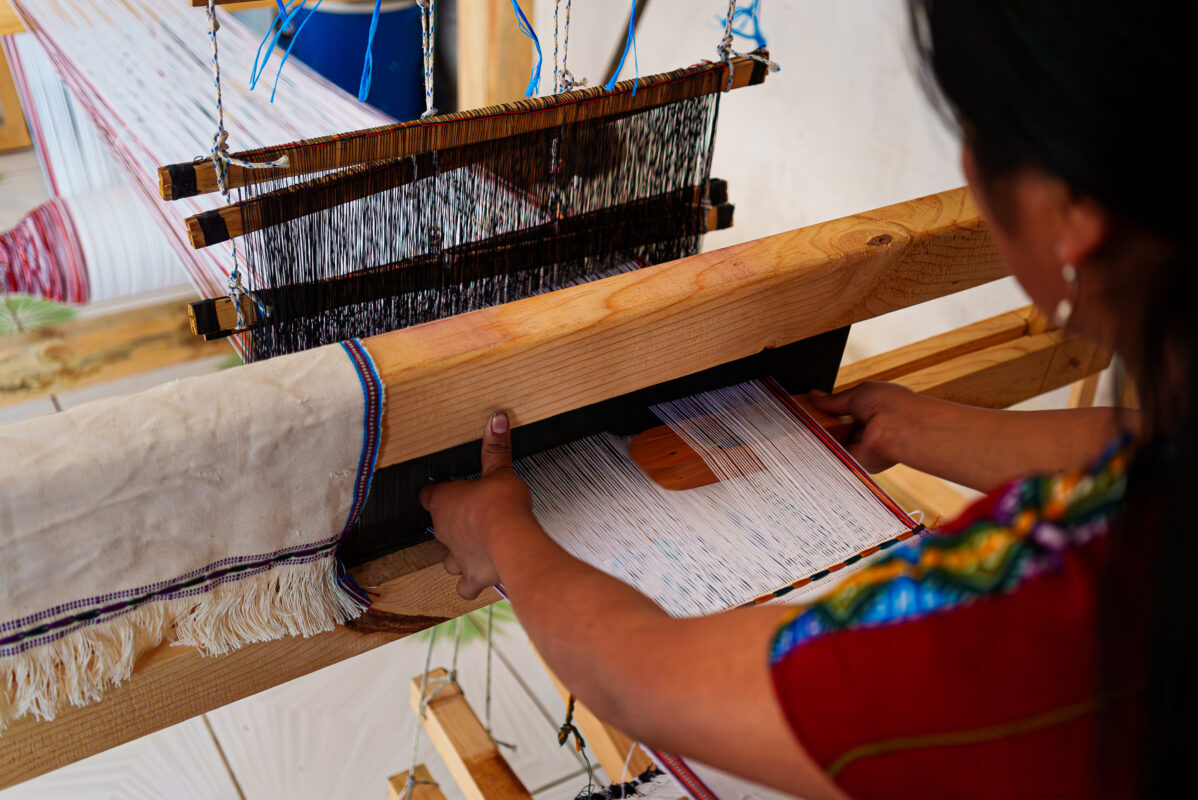Guatemala City, GuatemalaThe Guatemalan Government and Creative Associates International, through the USAID’s Peacebuilding Project, signed a memorandum of understanding (MOU) to help reduceviolence against women and girls, and advise authorities on the detection and prevention of such crimes in the country’s Western Highlands, where incidents of sexual violence increased by 40 percent during the COVID-19 pandemic.
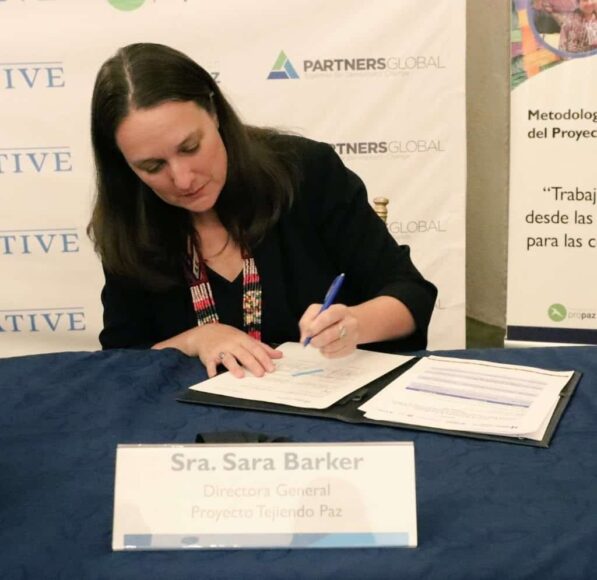
Signed by the Executive Director of the Secretariat Against Sexual Violence, Exploitation and Human Trafficking (SVET, its Spanish acronym) and the Peacebuilding Project’s Chief of Party, the MOU is a strategic effort to advise and guide state institutions on issues related to the detection, prevention and protection of crimes involving sexual violence, exploitation and trafficking in persons.
Incidents of violence against women and girls are a persistent problem in Guatemala, which ranks among the countries with the highest rate of violent deaths among women. Combating sexual and domestic violence is also a key priority in stemming irregular migration from Guatemala. Without efforts to prevent, report, and respond to this type of violence, many women opt to migrate despite the risks.
“USAID is an institution that strategically partners with the Government of Guatemala, but more so, it’s an institution that partners with the people, specifically with groups of people that are most vulnerable,” said Guatemalan Vice President, Guillermo Castillo Reyes during his remarks at the event on June 13.
The Peacebuilding Project works in the departments of Huehuetenango, Quiché, San Marcos, Totonicapán and Quetzaltenango to addresses the root causes of conflict in four thematic areas: 1) youth, gender and families; 2) governance; 3) land rights; 4) and natural resources. As part of the first conflict category, the project carries out concrete actions aimed at preventing and reducing violence against women and girls, as well as providing integral and culturally relevant care to survivors.
Sara Barker, who has led the Peacebuilding Project since its inception in 2018, told participants that the MOU is an important piece of the program’s efforts in the region: “We are committed to supporting the work of SVET, facilitating tools and spaces for interinstitutional coordination and interaction between actors at the community, municipal, and departmental levels in the government and nongovernment sectors, while also supporting the training of community leaders, women, and youth.”
During the next year and half, SVET and the Peacebuilding Project will be strengthening the Departmental Commissions for the Prevention of Sexual Violence, Exploitation, and Human Trafficking (CODEVET, its Spanish acronym) and organizing forums and dialogues at the municipal and departmental levels, aimed at raising awareness on the prevention and reporting of sexual violence, exploitation, and trafficking.
